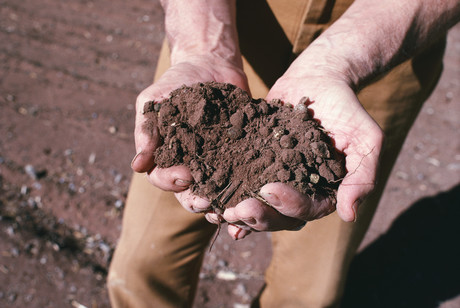Metal-contaminated soil leads to antibiotic-resistant bacteria

Australian and Scottish researchers have found that soils containing lead, manganese or aluminium — even in small amounts — contain bacteria with antibiotic resistance.
Dr Annette Koenders, from Edith Cowan University (ECU), said previous studies carried out overseas have shown a link between high levels of metal contamination in soil and antibiotic-resistant bacteria. She explained, “This antibiotic resistance in bacteria occurs as part of a naturally occurring response to protect from pollutants or stress, especially toxic metals.”
In collaboration with the University of Strathclyde, Dr Koenders and fellow ECU researchers examined soil samples from 80 different sites in Western Australia, which were analysed for the presence of 14 different metals as well as bacteria with genes associated with antibiotic resistance. Their study found that “even low concentrations of metals are correlated with increased antibiotic resistance in bacteria”, Dr Koenders said.
Published in the journal Environmental Science and Pollution Research, the findings show that an assessment of the metals present in soil should form part of environmental approvals for new developments. “This is particularly important when developing aged-care facilities or schools and childcare centres and where people grow their own food,” Dr Koenders said.
“This is because as well as being more vulnerable to bacterial infection, children and older people, on average, are in contact with soil more often, because children are crawling and playing on the ground, whereas for older people they are likely to spend more time gardening and growing home-grown produce.”
Liquid catalyst could transform chemical manufacturing
A major breakthrough in liquid catalysis is transforming how essential products are made, making...
How light helps plants survive in harsh environments
Researchers from National Taiwan University have uncovered how light stabilises a key...
SKA-Low's first image of the universe released
The image is an indication of the scientific revelations that will be possible with the...




